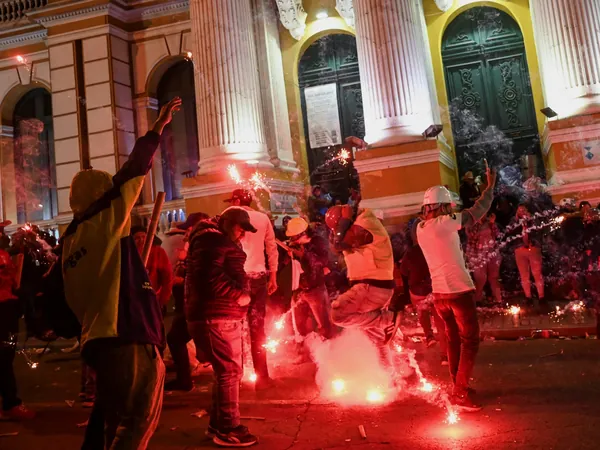
Unrest Erupts in Bolivia: Morales Delivers 24-Hour Ultimatum to Arce Government
2024-09-24
Tensions have sharply risen in Bolivia as anti-government protesters clashed with supporters of President Luis Arce in La Paz, amid a growing economic crisis and in the lead-up to the pivotal 2025 presidential election. As concerns mount over potential unrest, the Plaza Murillo—Bolivia’s political epicenter—has become a focal point for confrontation.
In a significant display of power, former President Evo Morales has called for immediate cabinet changes from the Arce administration, threatening mass mobilization should his demands go unmet within 24 hours. Morales expressed frustration with what he termed “betrayal” and rampant corruption, while also accusing the government of turning a blind eye to drug trafficking and economic mismanagement.
Bolivia's foreign ministry responded sternly to Morales' ultimatum, asserting that such demands threaten the democratic order of the nation. The atmosphere remains volatile, with smoke from burning tires filling the air and tear gas deployed by riot police in El Alto—an area heavily populated by Indigenous peoples, many of whom have shown allegiance to Morales.
The recent clashes have been marked by altercations involving explosives, stones, and firecrackers, leading to approximately 34 reported injuries. Notably, the longtime allies-turned-rivals, Arce and Morales, find themselves in a dire power struggle within the Movement Toward Socialism (MAS) party as they both eye the upcoming election.
This power dynamic has resulted in political gridlock, further straining Bolivia’s already dwindling foreign-exchange reserves and fueling widespread protests. In a recent address, Arce refused to concede to Morales’ provocation, stating that he would not grant the former leader “the pleasure of a civil war.”
Morales, who faced allegations of electoral fraud leading to his ousting in 2019, has returned to Bolivian politics with a strong base of support among the impoverished and Indigenous classes. A striking statistic from the World Bank highlights that as of 2021, nearly 36.4% of Bolivia's population lived in poverty, with 11.1% facing extreme poverty.
The former president has capitalized on the economic downturn, marked by a decline in natural gas exports and domestic production, to rally support against Arce's policies. Recently, thousands set off on a dramatic 200km ("124-mile") “March to Save Bolivia,” seeking to exert pressure on the current government.
As the marchers reached El Alto, they paused to reflect the strength of Bolivia's Indigenous identity, bearing vibrant flags symbolizing their cultural heritage. Each faction has been quick to point fingers over the recent violence; Morales accuses Arce's administration of deploying "paramilitary groups" to instigate chaos, a sentiment echoed by the national ombudsman.
As the political climate steams with uncertainty, analysts wonder whether Morales possesses the influence necessary to perform a successful political comeback, and if Arce can maintain order while navigating this turbulent landscape. With divisions deepening and the specter of civil unrest looming, Bolivia finds itself at a crossroads that could define its future.
Stay tuned as this unfolding drama develops, and what it might mean for Bolivia's socio-political fabric and its people. Will Morales regain power, or can Arce maintain stability amid growing chaos?
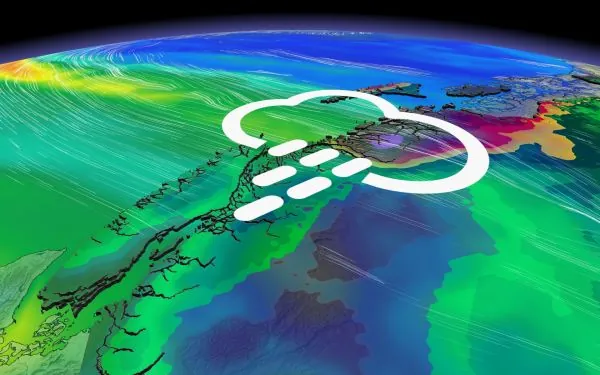

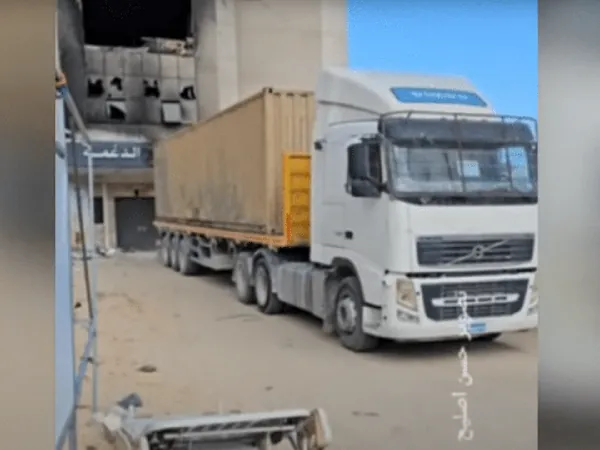


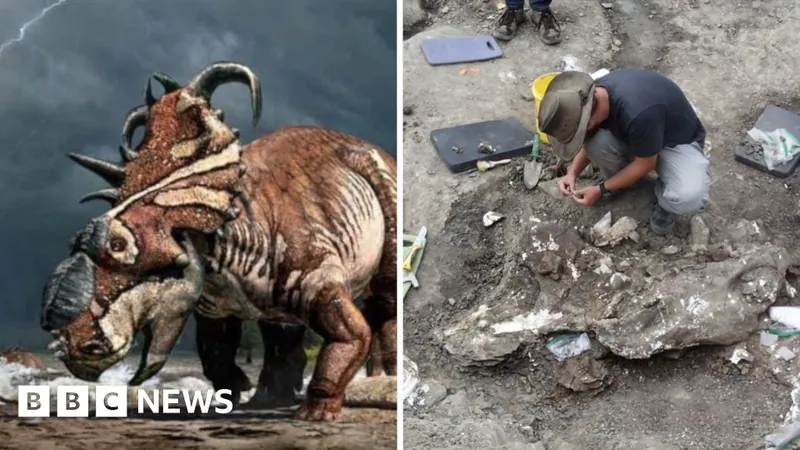


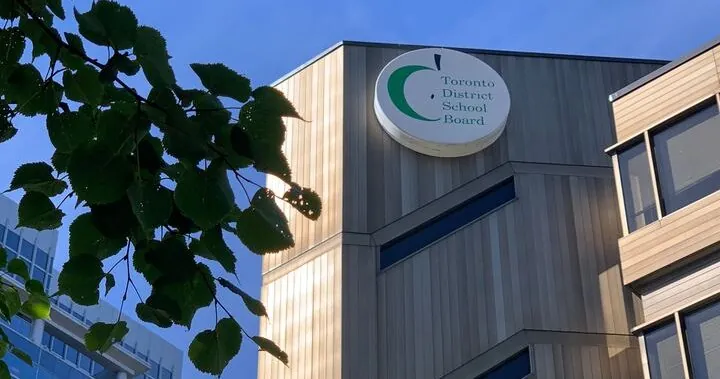
 Brasil (PT)
Brasil (PT)
 Canada (EN)
Canada (EN)
 Chile (ES)
Chile (ES)
 España (ES)
España (ES)
 France (FR)
France (FR)
 Hong Kong (EN)
Hong Kong (EN)
 Italia (IT)
Italia (IT)
 日本 (JA)
日本 (JA)
 Magyarország (HU)
Magyarország (HU)
 Norge (NO)
Norge (NO)
 Polska (PL)
Polska (PL)
 Schweiz (DE)
Schweiz (DE)
 Singapore (EN)
Singapore (EN)
 Sverige (SV)
Sverige (SV)
 Suomi (FI)
Suomi (FI)
 Türkiye (TR)
Türkiye (TR)